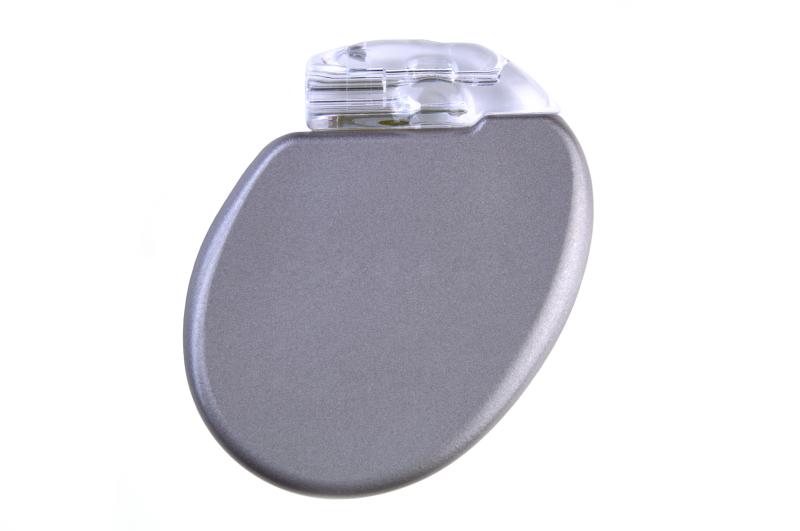 The implantable cardioverter defibrillator (ICD) is a small device implanted under the skin in the chest, to help control life-threatening arrhythmias.
The implantable cardioverter defibrillator (ICD) is a small device implanted under the skin in the chest, to help control life-threatening arrhythmias.Heterogenous treatment-related patterns of long-term survival with implantable cardioverter defibrillator (ICD) therapy have been observed among patients who participated in the Sudden Cardiac Death in Heart Failure Trial (SCD-HeFT) over 11 years of follow-up, with the benefit most apparent for those with ischaemic heart failure (HF) and those with New York Heart Association (NYHA) functional class II symptoms at trial enrolment.
Between 2010 and 2011, the authors analysed mortality outcomes for the 1,855 patients alive at the end of SCD-HeFT and combined these data with the 666 deaths from the original study to compare long-term outcomes overall and for key prespecified subgroups.
Over a median (25th to 75th percentiles) follow-up of 11.0 years, overall survival benefit favoured the ICD group compared with the placebo group (hazard ratio [HR], 0.87, 95 percent confidence interval [CI], 0.76–0.98; p=0.028) in intention-to-treat analysis. The ICD benefit attenuated after 6 years (pinteraction=0.0015) when treatment benefit was analysed as a function of time from randomization.
In subgroup analysis, ICD benefit in the long term varied depending on the HF aetiology and NYHA functional class: ischaemic HF (HR, 0.81, 95 percent CI, 0.69–0.95; p=0.009); nonischaemic HF (HR, 0.97, 95 percent CI, 0.79–1.20; p=0.802); NYHA functional class II (HR, 0.76, 95 percent CI, 0.65–0.90; p=0.001); NYHA functional class III (HR, 1.06, 95 percent CI, 0.86–1.31; p=0.575).
The SCD-HeFT randomly assigned 2,521 patients with moderate HF to amiodarone, placebo drug, or ICD therapy, with follow-up ending on 31 October 2003. Over a median follow-up of 45.5 months, amiodarone showed no effect on survival as compared with placebo, but ICD led to a 23-percent reduction in all-cause mortality.